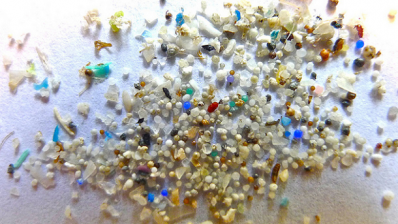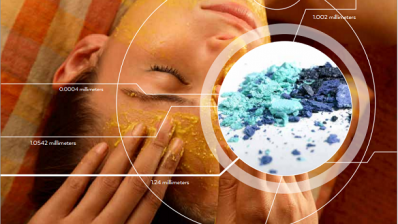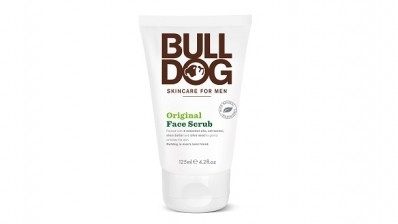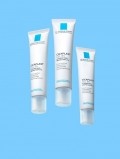Study points to plastic particles found in cosmetics as damaging
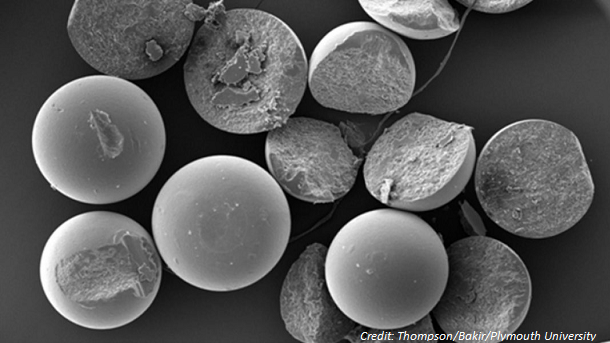
Microbeads, which are often tiny plastic particles which are 5mm wide or less, have been used in a variety of products such as hand cleansers, face scrubs, soaps, toothpaste, shaving foam, bubble bath, sunscreen and shampoo.
Many cosmetics manufacturers have announced that they are phasing them out of their products following growing concern, and this new study claims that almost 100,000 microbeads could be released in every single application of certain products, such as facial scrubs.
“Using these products leads to unnecessary contamination of the oceans with millions of microplastic particles,” says Professor Richard Thompson of Plymouth University.
“There is considerable concern about the accumulation of microplastics in the environment; our previous work has shown microplastics can be ingested by fish and shellfish and there is evidence from laboratory studies of adverse effects on marine organisms.”
Thompson, the university’s professor of Marine Biology, carried out the study along with PhD student Imogen Napper, Professor of Organic Geochemistry Steve Rowland and Postdoctoral Researcher of Analytical Chemistry, Dr Adil Bakir.
Potentially damaging
They estimate that up to 80 tonnes of unnecessary microplastic waste could be entering the sea every year from use of certain cosmetics in the UK alone.
“As the study unfolded I was really shocked to see the quantity of microplastics apparent in these everyday cosmetics,” says Napper.
“Currently, there are reported to be 80 facial scrubs in the UK market which contain plastic material, however some companies have indicated they will voluntarily phase them out from their products. In the meantime, there is very little the consumer can do to prevent this source of pollution.”
For this study, the university says that the researchers chose brands of facial scrubs which listed plastics among their ingredients, and these were subjected to vacuum filtration to obtain the plastic particles.
Subsequent analysis using electron microscopy showed that each 150ml of the products could contain between 137,000 and 2.8million microparticles.
